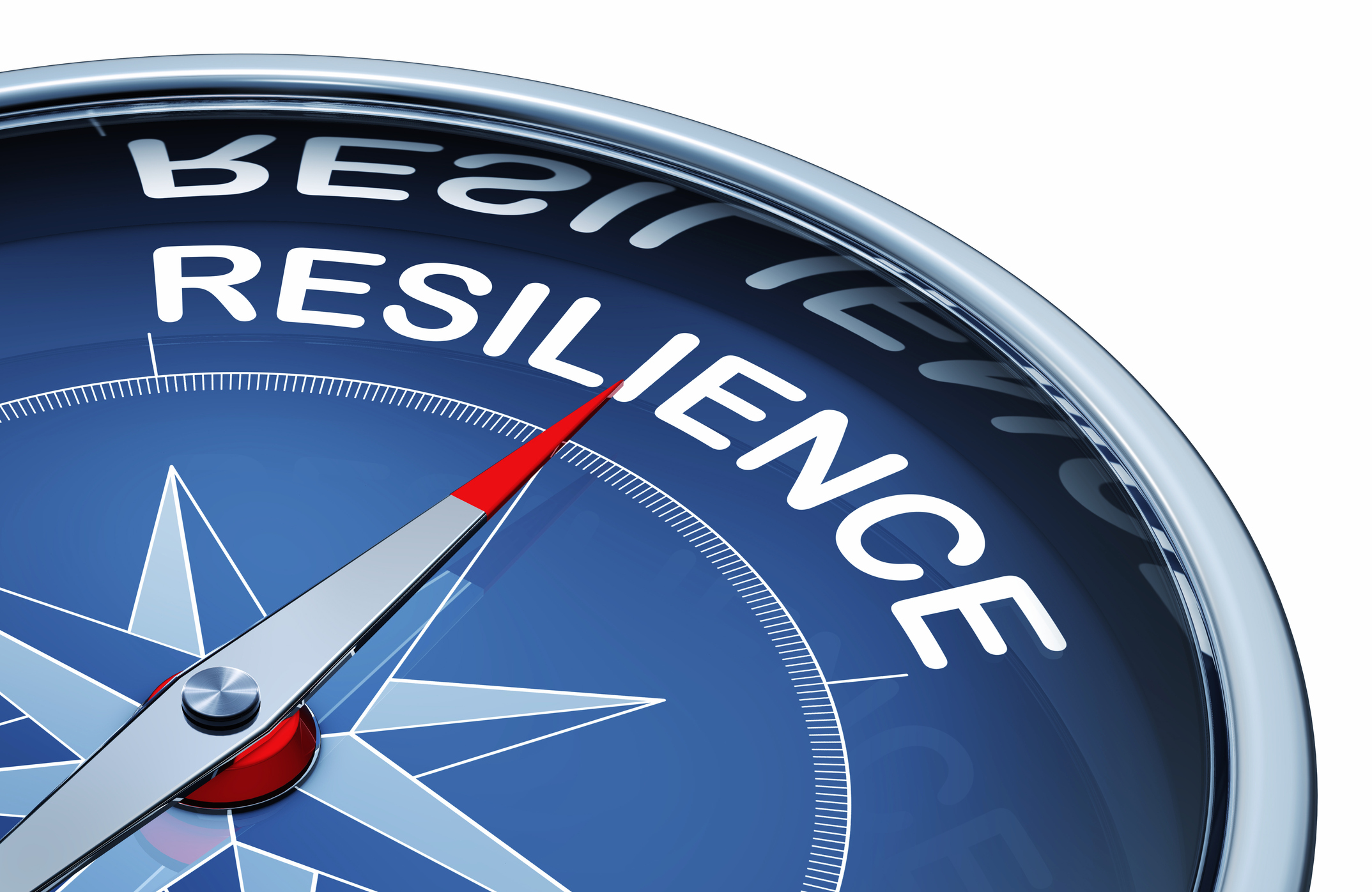We are all in uncharted territory with COVID-19 (coronavirus). I’m a Gen-Xer, and I’ve never lived through something like this. We have had a few scares over the years with the avian flu, swine flu, Ebola, etc. However, those fears dissipated rather quickly. When AIDS first hit in the 1980s, that caused quite a scare. Still, AIDS was very different than this COVID-19 pandemic.
To be clear, we should be very concerned about COVID-19 and take the necessary precautions. This includes practicing social distancing and washing hands frequently. These and other recommendations can be found here at the Centers for Disease Control and Prevention (CDC) website.
While we need to take steps to address this crisis, we should try not to panic. Given what we are going through collectively, it’s pretty easy to slip into panic mode! Is this the beginning of the Apocalypse? Suddenly all of these disaster books and movies come rushing through our brains: The Omega Man, The Andromeda Strain, Outbreak, 12 Monkeys, Contagion, The Stand, World War Z…the list goes on. What better time to panic than in a pandemic, right?
However, we know that panic will cause more harm than good. We need to keep cool heads so we can make skillful decisions on how to best navigate this crisis. It’s easier said than done but try we must!
One way of trying to calm our fears is to try to put COVID-19 into perspective. Our ancestors had to survive an extremely harsh world. Had they not been incredibly adaptive and resilient, we wouldn’t be here today. First, we need to realize that this level of adaptation is already within us. Our very existence is proof of it. Second, we will need to, individually and collectively, tap into this resilience.
 Things Are Bad Now, but Our Ancestors Had It Worse
Things Are Bad Now, but Our Ancestors Had It Worse
While this pandemic is bad and most of us have not experienced anything like it, it pales in comparison to what our ancestors had to endure. I keep coming back to Dr. Steven Pinker’s excellent, inspirational book, Enlightenment Now: The Case for Reason, Science, Humanism, and Progress. Pinker makes the case, supported by data, that the world is much better now than at any time in human history by almost every metric.
Well, please allow me to clarify. The world, without the COVID-19 pandemic, is better than any point in history, by about almost any metric (e.g., longevity, child/infant mortality rates, deaths by war, disease, homicide, genocide). This pandemic is definitely going to put us to the test. COVID-19 poses an incredibly difficult challenge for us, and we have within us a flexibility and resilience that can help us make it through this crisis. These two realities co-exist.
Our Ancestors Had It Rough
While I’m no historian, a look back in time can help us to put things into a better perspective. Previous generations…and going back even further to our more distant ancestors…had to endure many extreme hardships. Those hardships were so common that, my guess is, previous generations had come to expect them as part of life.
One of the reasons we have trouble realizing how bad humans used to have it is, well, most of us have not experienced such harsh times ourselves. Our set point for what is “normal” or “okay” in this world is far higher than that of our ancestors. Consider just some of the living conditions that previous generations and our ancestors had to deal with:
- World Wars I & II
- The Civil War
- The Great Depression
- Plagues
- Slavery
- Famine
- No plumbing/access to clean water
- No AC, heating, or refrigeration
- Lack of consistent/adequate shelter
- Totalitarian governments
- Lack of rights for women, children, minorities, LGBTQ
- Political instability
- No access to birth control
- No access to modern medicine (e.g., antibiotics, vaccines)
- High rates of maternal and infant mortality
This isn’t to say that we don’t have real problems in this world. We certainly do, and COVID-19 is a big one. Still, consider that your grandparents or great-grandparents had to live through the Great Depression, which lasted about 10 years. While it is true that many of our ancestors did not survive the harsh conditions, it is amazing what the average person could and did endure. This is a testament to our amazing level of resilience.
Plagues and Diseases From the Past?
While COVID-19 is not to be taken lightly, it is not as deadly as some of the plagues and pandemics from our past. In the 14th century, about 50 million people, or about 30-60 percent of Europe, died from the Black Death (bubonic plague). The mortality rate for persons infected was greater than 50 percent. Smallpox killed about 300 million people in the 20th century and about 500 million people in its last 100 years of existence. It killed about 30 percent of those infected. Consider the countless other diseases that have caused so much death and suffering throughout our human history: Polio, measles, rubella, cholera, malaria, and leprosy to just name a few.
Thanks to human ingenuity and scientific and medical advances, we no longer have to worry about the most virulent diseases from our past. For instance, we can cure the bacterial infection that caused the Black Death with antibiotics. Smallpox has been eradicated thanks to the vaccine that was widely distributed in the 1970s. The last naturally occurring case was in 1977, and the World Health Organization declared smallpox eradicated in 1980.
Just for comparison, at this point, COVID-19 has a mortality rate of between .25 percent-3 percent. Yes, this is deeply troubling, and we are having to close schools, stores, and restaurants because of the virus. As the director of a small group psychology practice, it is affecting us as well.
Yet, these extreme measures are necessary to slow the transmission of the illness. COVID-19 appears to pose the greatest risk to vulnerable populations such as the elderly and those with compromised immune systems. We can take some comfort in the knowledge that the greatest minds in science and medicine are working around the clock to find treatments and create a vaccine for COVID-19. While this may be a rough road, we will make it through this.
A Silver Lining?
You’ve probably experienced how polarized things have been in the United States, and the world, over the past few years. One thing that can bring opposing sides together is when they are forced to work together to achieve a common goal. COVID-19 is that shared challenge and goal. It is affecting everyone…globally. No political party or person can rightfully claim that they know the solution. We are in uncharted waters.
The best way to navigate these rough waters is by working together. A wise man once advised, “A house divided cannot stand.” That’s where we are at right now. We need to come together as one tribe. The good news is that we have the capability, flexibility, resilience, and ingenuity to make it through this. When we work together, there are no limits to what we can accomplish or endure. Our challenge is that we have to work together while keeping our distance. Thanks to the wonders of technology, we can do that too!

